550035
2-(Dibutylamino)ethanol
99%
Synonym(s):
N,N-Dibutylethanolamine
About This Item
Recommended Products
vapor density
6 (vs air)
Assay
99%
refractive index
n20/D 1.444 (lit.)
bp
229-230 °C (lit.)
density
0.86 g/mL at 25 °C (lit.)
SMILES string
CCCCN(CCO)CCCC
InChI
1S/C10H23NO/c1-3-5-7-11(9-10-12)8-6-4-2/h12H,3-10H2,1-2H3
InChI key
IWSZDQRGNFLMJS-UHFFFAOYSA-N
Looking for similar products? Visit Product Comparison Guide
Related Categories
General description
Application
Signal Word
Danger
Hazard Statements
Precautionary Statements
Hazard Classifications
Acute Tox. 4 Dermal - Acute Tox. 4 Oral - Aquatic Chronic 3 - Eye Dam. 1 - Skin Corr. 1C - STOT SE 3
Target Organs
Respiratory system
Storage Class Code
6.1C - Combustible acute toxic Cat.3 / toxic compounds or compounds which causing chronic effects
WGK
WGK 1
Flash Point(F)
203.0 °F - closed cup
Flash Point(C)
95 °C - closed cup
Personal Protective Equipment
Choose from one of the most recent versions:
Already Own This Product?
Find documentation for the products that you have recently purchased in the Document Library.
Customers Also Viewed
Our team of scientists has experience in all areas of research including Life Science, Material Science, Chemical Synthesis, Chromatography, Analytical and many others.
Contact Technical Service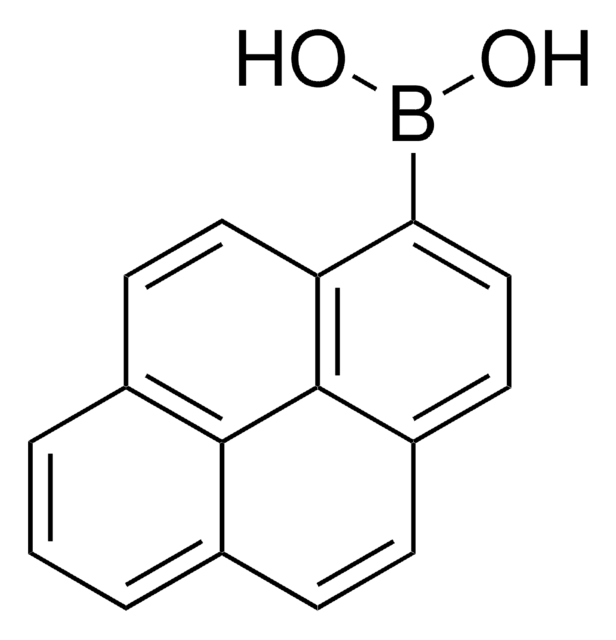

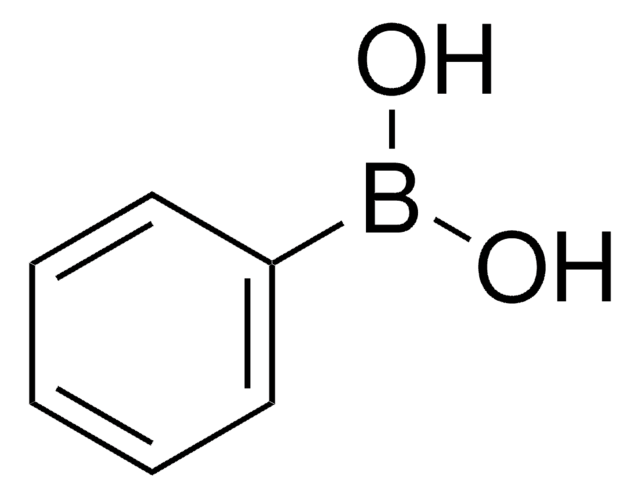

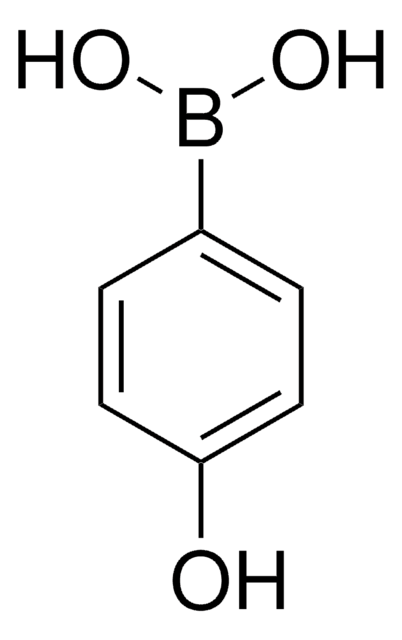

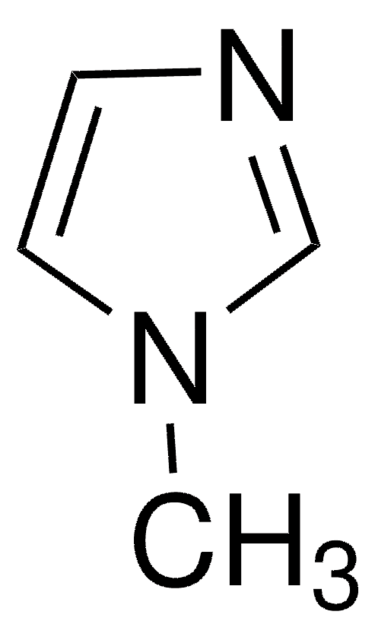
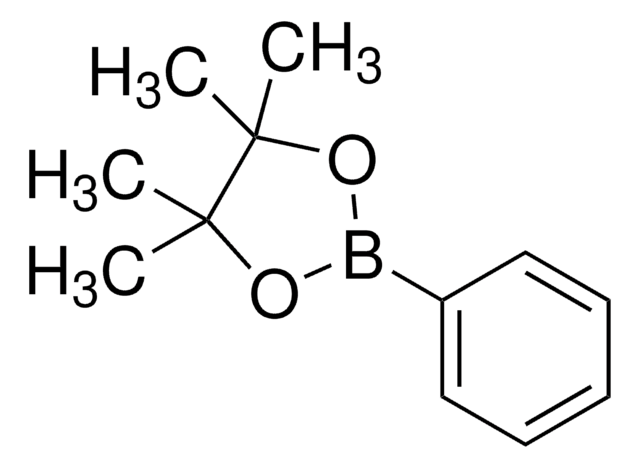

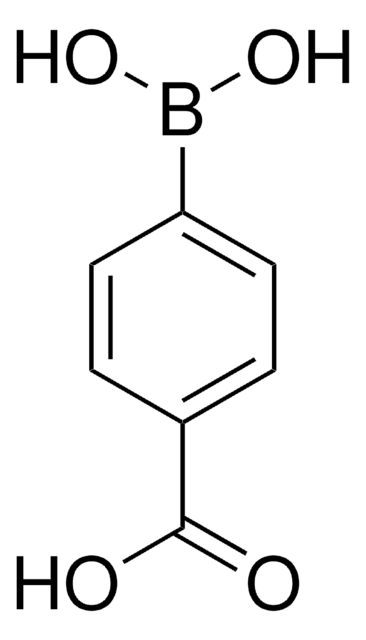


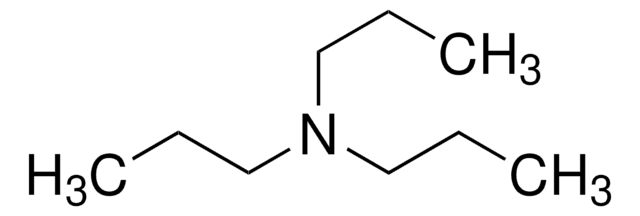
![2-{[2-(Dimethylamino)ethyl]methylamino}ethanol 98%](/deepweb/assets/sigmaaldrich/product/structures/268/372/dc32f6cb-8264-4332-8902-831d869716fb/640/dc32f6cb-8264-4332-8902-831d869716fb.png)
